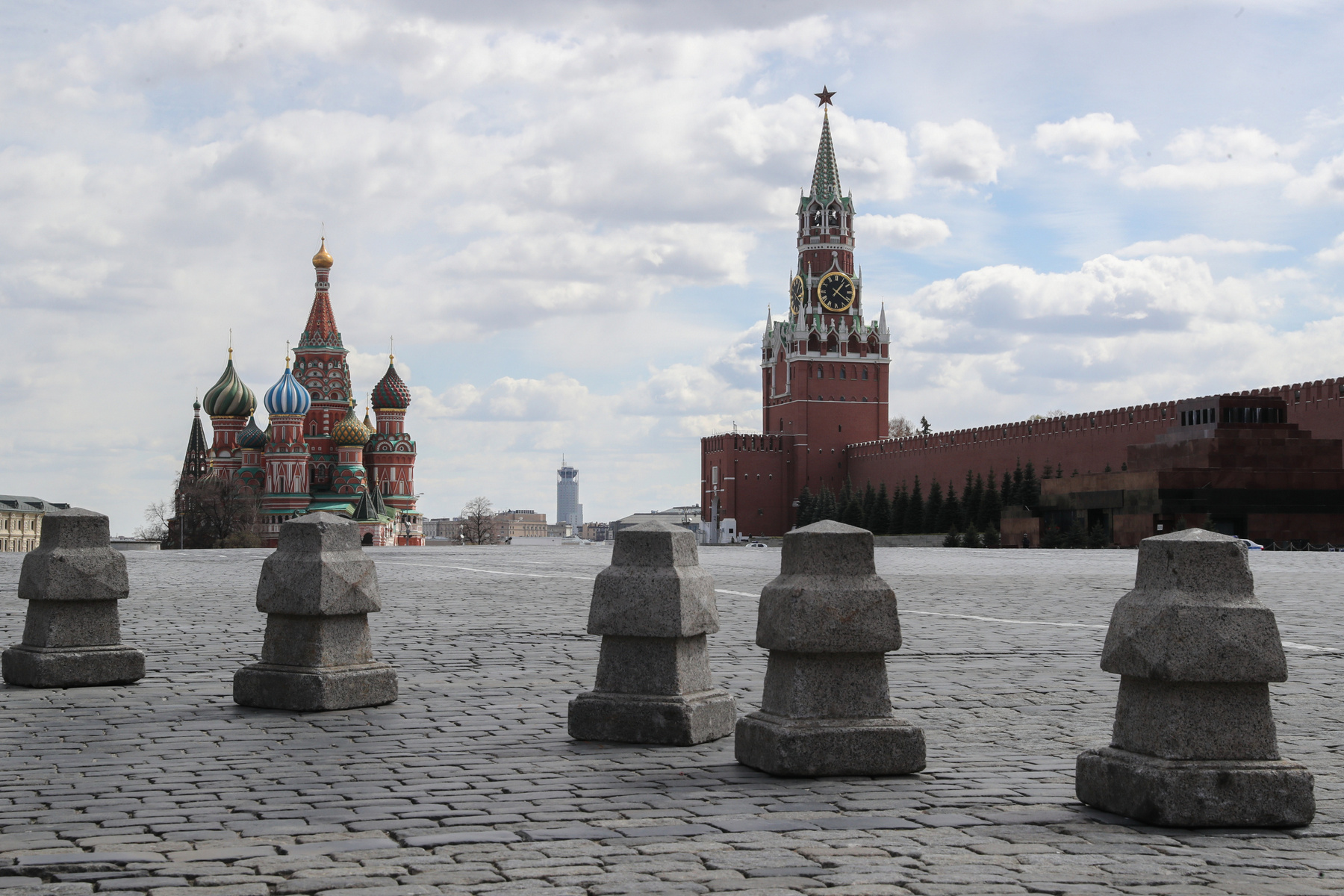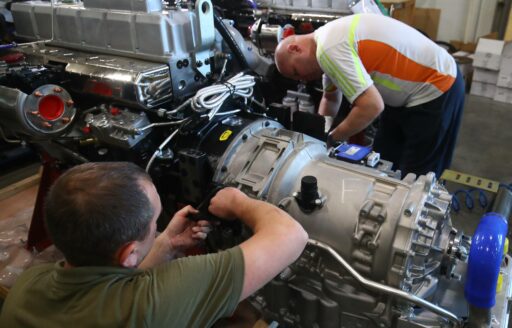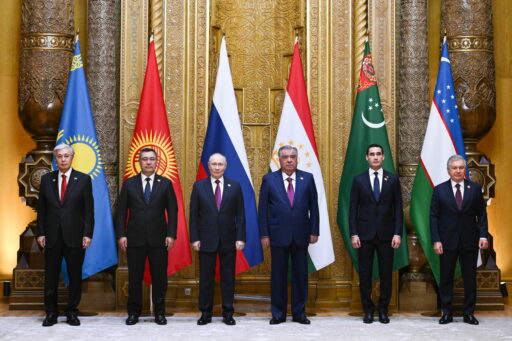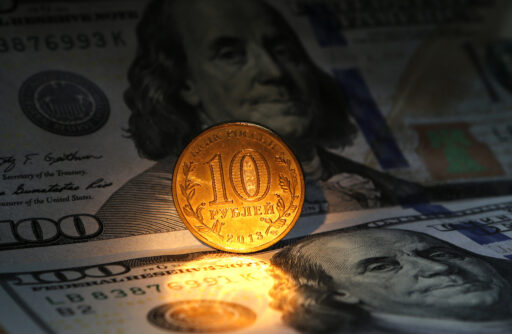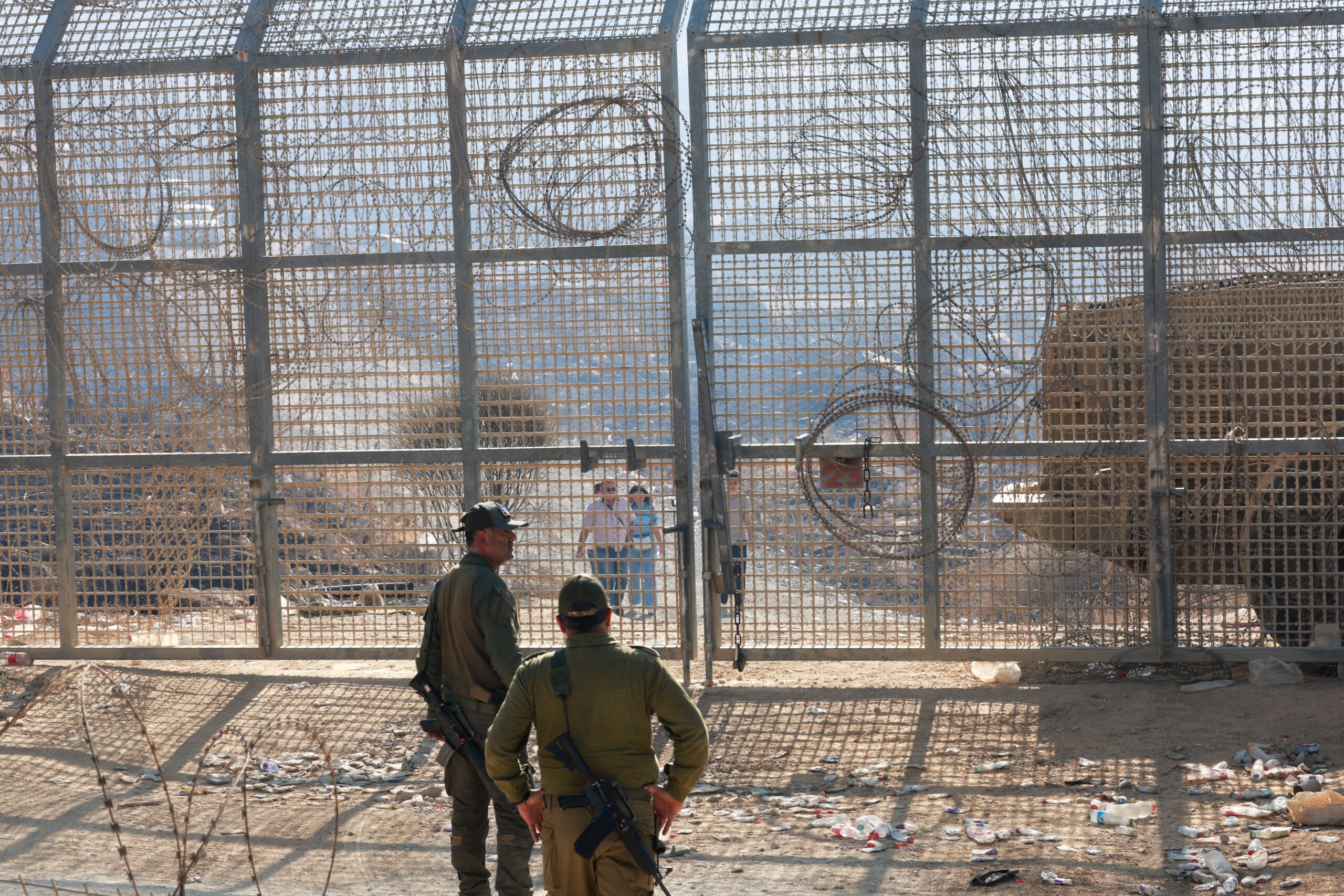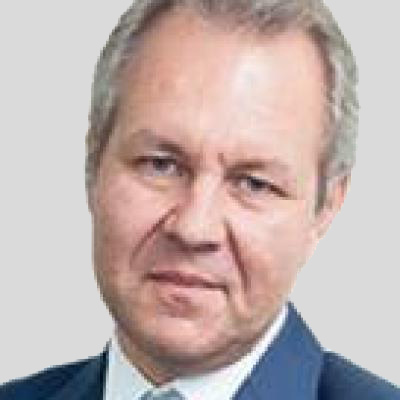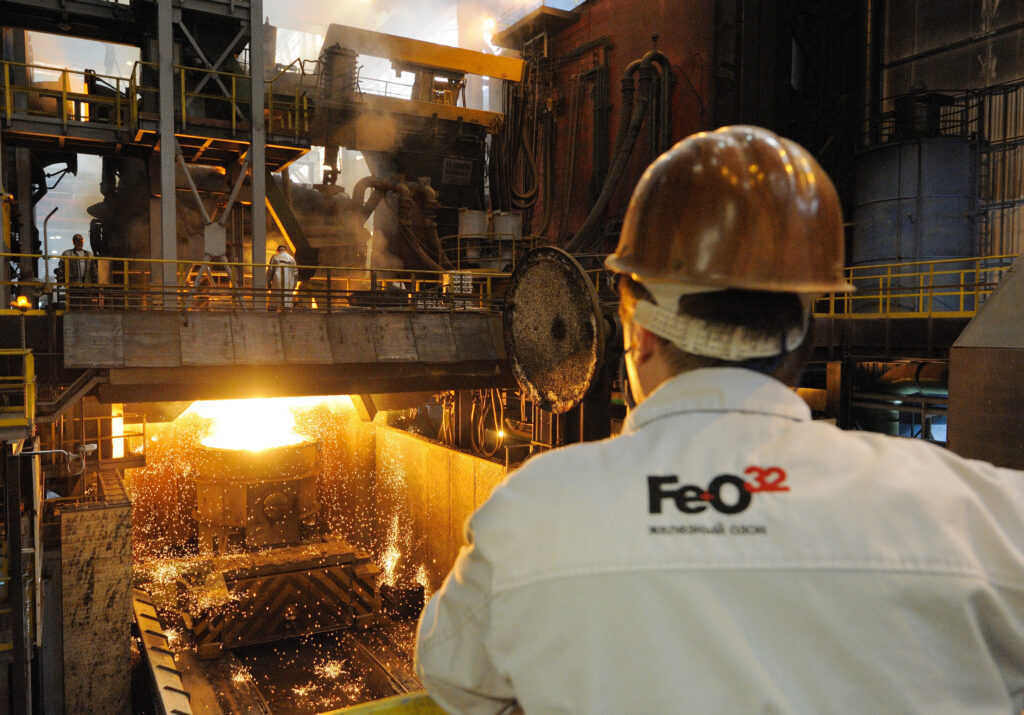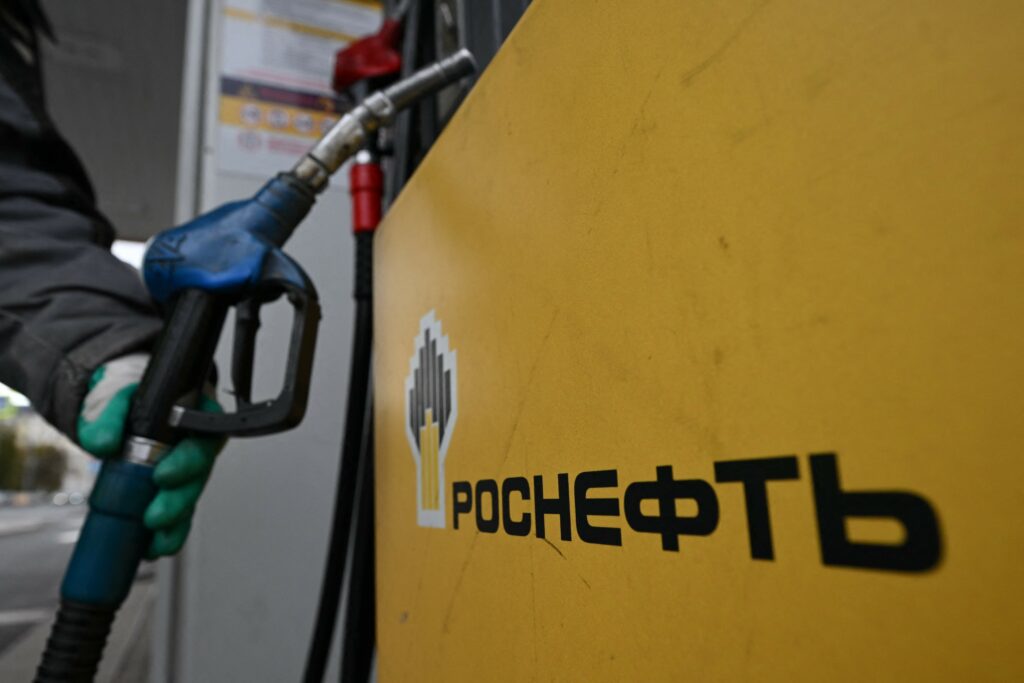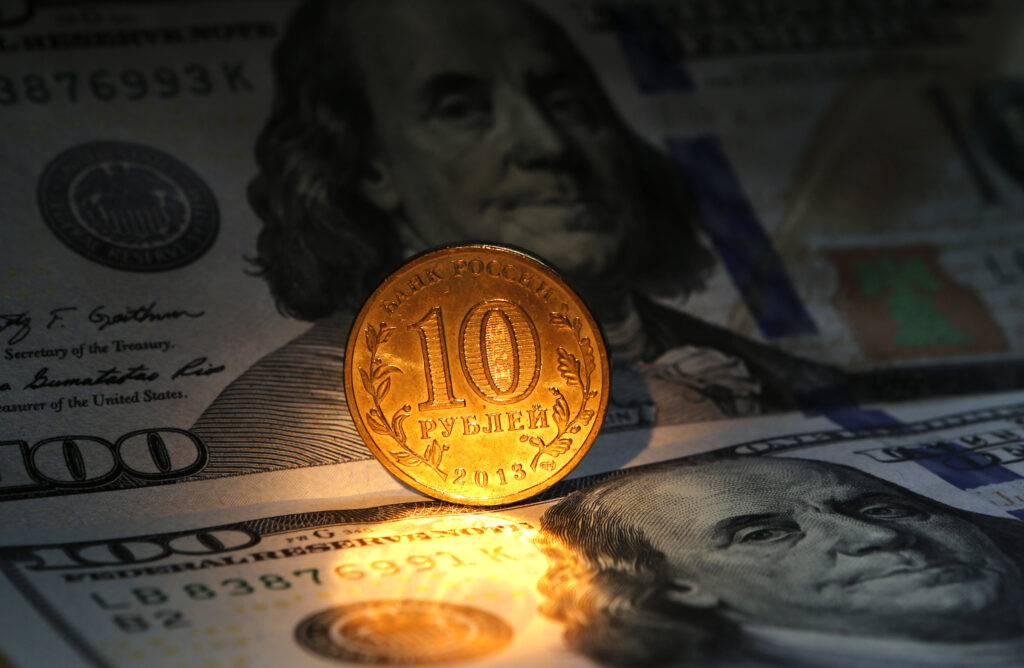Today, one month after Putin’s first address in the midst of the pandemic and slumping oil prices, the picture has become clear enough to offer a prediction of what generally awaits Russia till autumn — expect a harsh summer.
At present, three trends seem to be driving the course of events. First, the Covid-19 pandemic is growing in extent and intensity. Russia, at least, is unlikely to repeat the experience of its neighbours. However, from the social point of view, the growth in the total number of infected people is significant. The authorities have been trying, first of all, to counteract the spread of the disease. These efforts have not been very effective so far and, judging by the dynamics, the peak numbers will be reached in early May, with 10–13 thousand people per day and a total number of those infected exceeding 150 thousand people at the end of the month. This means the approach adopted by the authorities will not enable them to cancel the self-isolation regime at least until the end of May. Most businesses in major cities will remain closed for two months.
Second, an intrigue has set in around oil prices for the last few weeks. The OPEC+ and G20 negotiations on 9–12 April led to an agreement. But this did not save the situation, which soon became clear. American and Russian oil prices fell below USD 20/bbl again; Saudi Arabia and other Gulf countries resumed their dumping policy. The demand for oil is likely to hit the rock bottom in the second quarter as oil storage facilities fill up. Thus, prices will fall to a level which will deprive the Russian budget of most of its revenues from exports. Indeed, it has already been recognised that prices will reach approx. USD 1/bbl in May versus USD 36/bbl in 2019.
The third trend is how the outline of the “anti-crisis” policy pursued by the authorities has become clear over the past month. There will be no serious money injections into the economy. The National Wealth Fund will be spent to cover the budget deficit. Since the federal treasury even recorded a surplus in the first quarter, the spending of the National Wealth Fund can come no earlier than in mid-May. Taxes will not be forgiven but merely postponed. The government will opt for partial compensation of wages and salaries at the level of the maximum unemployment benefit. But it will only do so after 18 May. The regional authorities will “exchange” the exemption from lease payments and some property taxes for businesses into the obligation to protect jobs and curb prices. All this suggests economic activity in the second quarter will remain depressed. Expect GDP to fall by more than 20% compared to the same period in 2019.
What else should Russians brace themselves for?
This summer, we are probably going to see the deepest economic crisis since the post-perestroika period. Even back in 1998 the economic problems did not reach such a scale and mostly affected major cities. Now, the main areas that will suffer are not the financial sector, as in the past, and not the big business, as in 2008–2009 and 2015–2016. This time, the main blow will land on small private companies serving end users as well as the service sector. This will undermine income for at least 20 million people — one third of Russia’s economically active. At the same time, the main problems will hit the regions. Their budget revenues come from personal income tax, ranging from 20–25% (in the “poorest” territories) to 40–43% (in Moscow and St. Petersburg). Those tax revenues are likely to decline 30–50%. Besides, the federal budget may be slashed (despite all assurances from the authorities). Any budget slash will put the regions in an even more difficult situation.
On a separate note, the Pension Fund of the Russian Federation distributes directly collected social insurance contributions to old age pensioners, and these contributions will be reduced almost pro rata to current revenues. Consequently, the deficit of the Pension Fund and the Compulsory Medical Insurance Fund will increase. Unlike in 1998 and 2008–2009, the regions will come out of the crisis with much greater losses.
The condition of the federal budget depends as ever on the curve of oil prices and the depth of the economic recession. Since the quotations are unlikely to recover by the end of summer, my estimate of the missing budget revenues in the second quarter would be RUB 1.6–1.7 trillion in the oil and gas losses. I expect RUB 650–800 billion lost due to lower income taxes, VAT, excise taxes and other charges. In other words, in the most optimistic scenario, the budget will reach 50% of the target levels.
At the same time, budget expenditure may increase due to increasing transfers to the Pension Fund (by RUB 300–400 billion) and subsidies to regional budgets (by RUB 300–500 billion). To balance the budget off in the second quarter, it will be necessary to reduce the NWF by approx. RUB 3 trillion. And this will provide a signal to the government to curb spending in the next half of the year as much as possible — further prolonging the crisis. The authorities will doubtless try to reduce the period where they provide support to businesses and pay benefits, shrinking it to 1–2 months (i.e. until May or June). They would do so in the hope that summer and the dacha season may mitigate the severity of financial problems faced by Russians. All this means consumer demand will remain low not only in the next month, but probably until the end of summer; then the Kremlin will think about the strategy for an autumn-winter campaign: it will assess trends in the oil market, calculate losses caused by anti-epidemic measures, estimate the most realistic prospects for resuming growth and identify methods of financing the budget deficit in the third and fourth quarter.
The depth of the economic recession, which I would estimate at 2–4% in the first quarter, 20–23% in the second and 10–12% at year-end, will depend on two factors. On one hand, the situation will strike the toughest blow on industries with high added value and large numbers of employees: retail trade, group catering, tourism and hospitality, almost all segments of the service sector, as well as construction. Hundreds of thousands of businesses in these sectors face bankruptcy. One problem deserving special attention is not even that the government will not want to support small and medium-sized businesses. Rather, it does not know how to do it: the “vertical power structures” are only capable of hand-steering the “national champions”. On the other hand, investment programmes carried out by the government and state-owned corporations — the foundation of success for major companies — are going to collapse. Once exporters have suffered falling revenues, they will stop making capital expenditures. The inevitable reduction of oil production is notable too; investments in new oil fields will no longer make sense. Budget problems will bring infrastructural projects to a halt. Even if green-lit on a limited scale, I would venture to say that all the money allocated to projects this year will be “optimised” and stolen. Areas which are going to come relatively unaffected by the crisis will include the agricultural sector, production of essential foodstuffs and basic consumer goods, housing and utilities services, communications and telecoms. Once the declining curve reaches its lowest point in June or July, some inevitable rebound will begin in retail, group catering and transport. The second half of the year will be quite successful here, if we take into account the effect of a low base.
A sharp decline in law abidance and a surge in violence will become a crucial social problem this year. The former is due to the authorities setting a course towards disregard for legal norms since the very start of the year: first by changing the Constitution, then by the strange efforts to balance self-isolation and a state of emergency, placing the responsibility on citizens but not on the authorities, and finally by the dispersion of responsibility and the transition from laws to decrees and orders as the main sources of “law”. The authorities are becoming unacceptably intrusive; they interfere with people’s lives without providing anything in return: this implies there will be no “social contract” between the elites and ordinary folk in the coming months. The surge in violence will be caused by a misery that is likely to hit millions very soon. The affected groups will include, above all, migrant workers who may have lost their jobs and the possibility to leave Russia; residents of small towns and villages who worked in large regional centres and are now forced to stay at home without money or work; and criminal groups who have lost significant sources of income from racketeering. Each of these groups, at their own level and territory, will play a key role amid ever more widespread theft, robbery and fraud. The main “law enforcement agencies” will focus on roadblocks round major cities and collecting fines from violators of the self-isolation regime. The disintegration of the former unity between the government and the people will lead to a probable cancellation of the September elections. Non-cancellation is likely to bring irreparable electoral losses for the authorities. Looking ahead into the year’s outcomes, the destruction of the legal regime could be as profound as the economic turmoil.
To sum up, I would say that the “strategy of anabiosis” seems to be the optimal solution for the average Russian. Self-isolation until the second half of May is the most reasonable option since the consequences of a coronavirus infection (physical, social, as well as strictly financial ones) outweigh the effects of any effort that can be undertaken in the coming days and weeks. Staying home all the time, minimising contacts with the outside world, maximizing savings – these steps have no better alternative right now. As the economy gradually “reopens”, the main challenge for those most affected by the crisis will be to look for a new job and probably to re-train since a significant proportion of high-paying jobs in the commercial sector are likely to disappear as a result of cost-cutting programmes. It looks like the Russian economy in the 2010s was much more complex than required by its raw material base while the 2020 crisis will reverse it towards a more “primitive” state with all the pertaining consequences: the shrinking of the middle class, growing emigration and a collapse of many high-tech industries.
